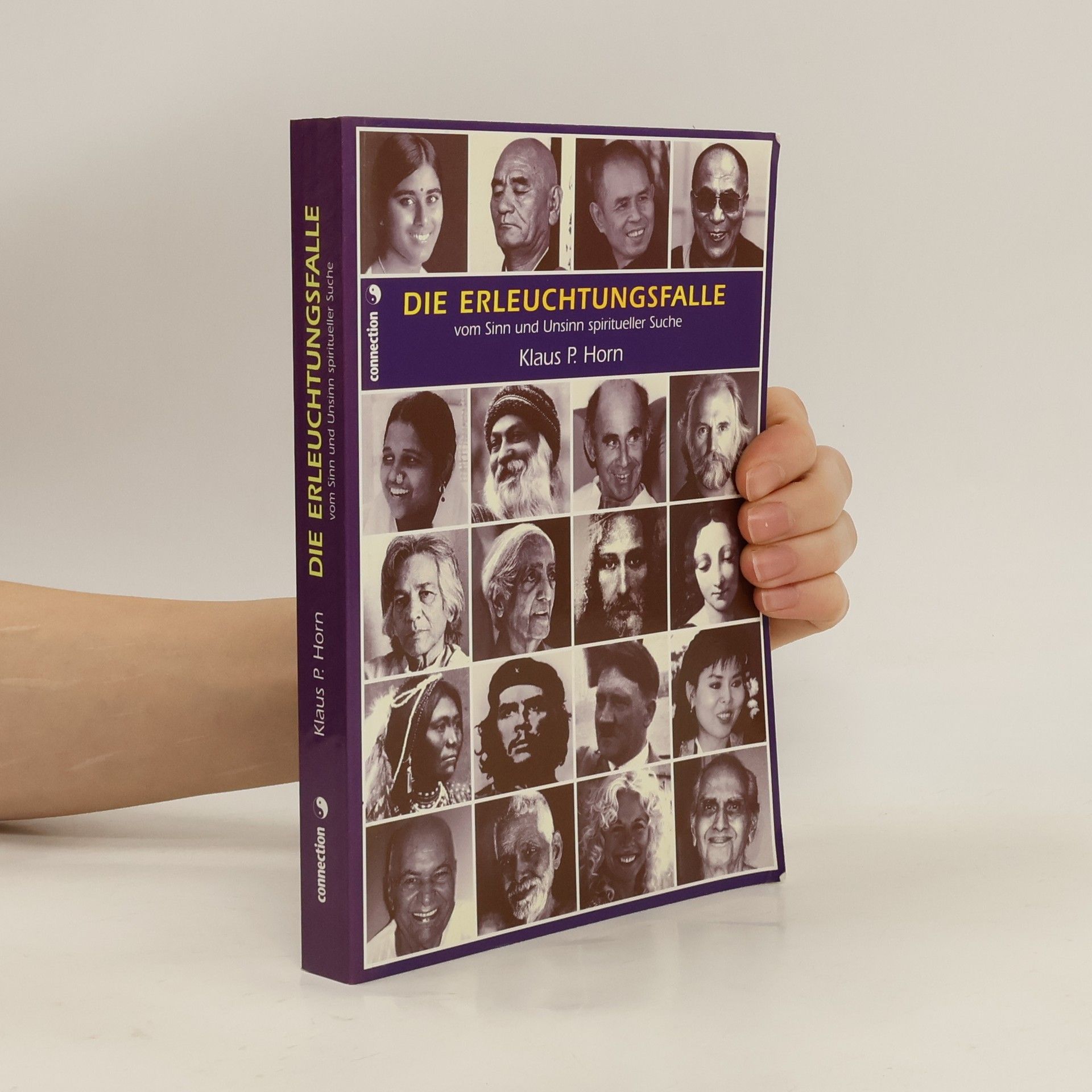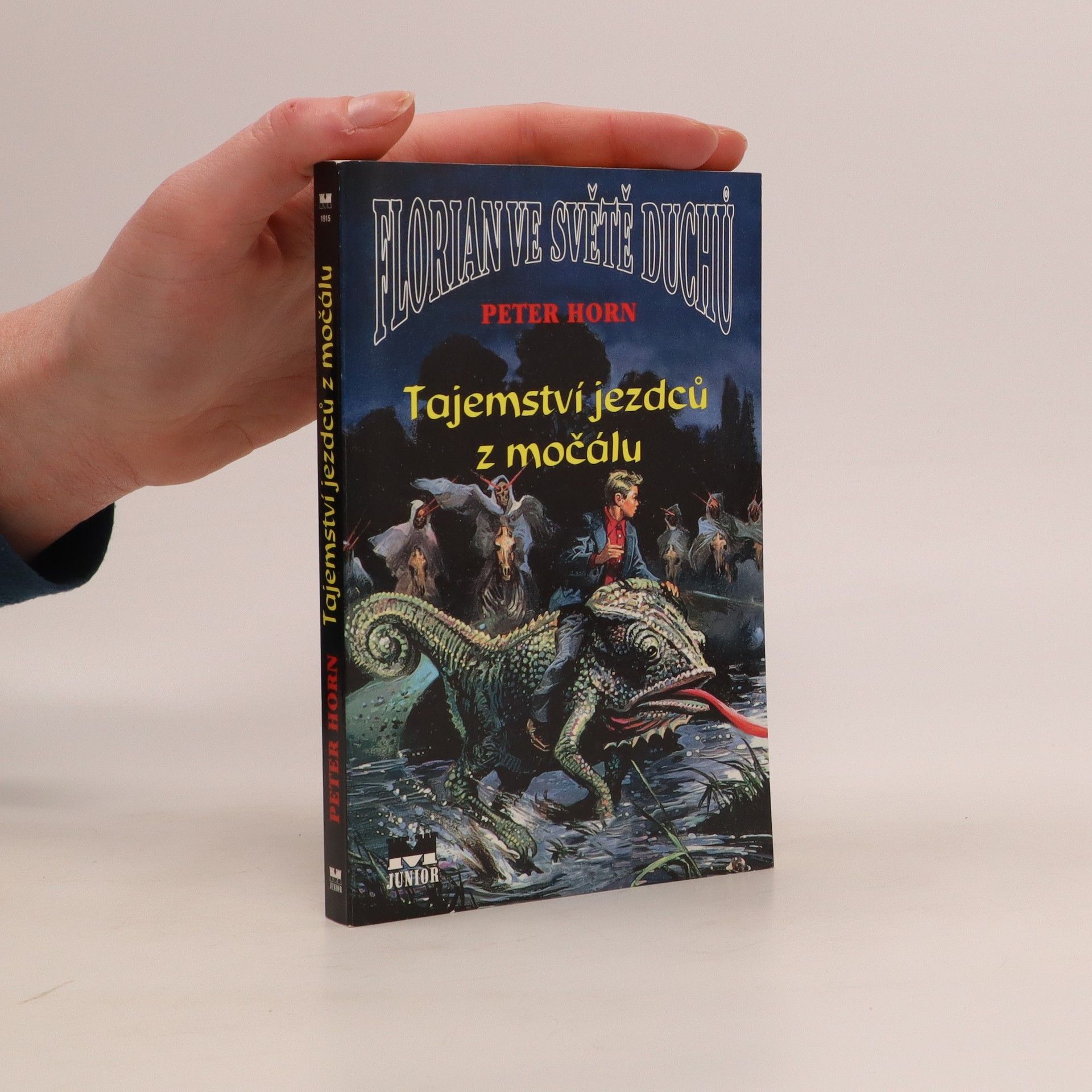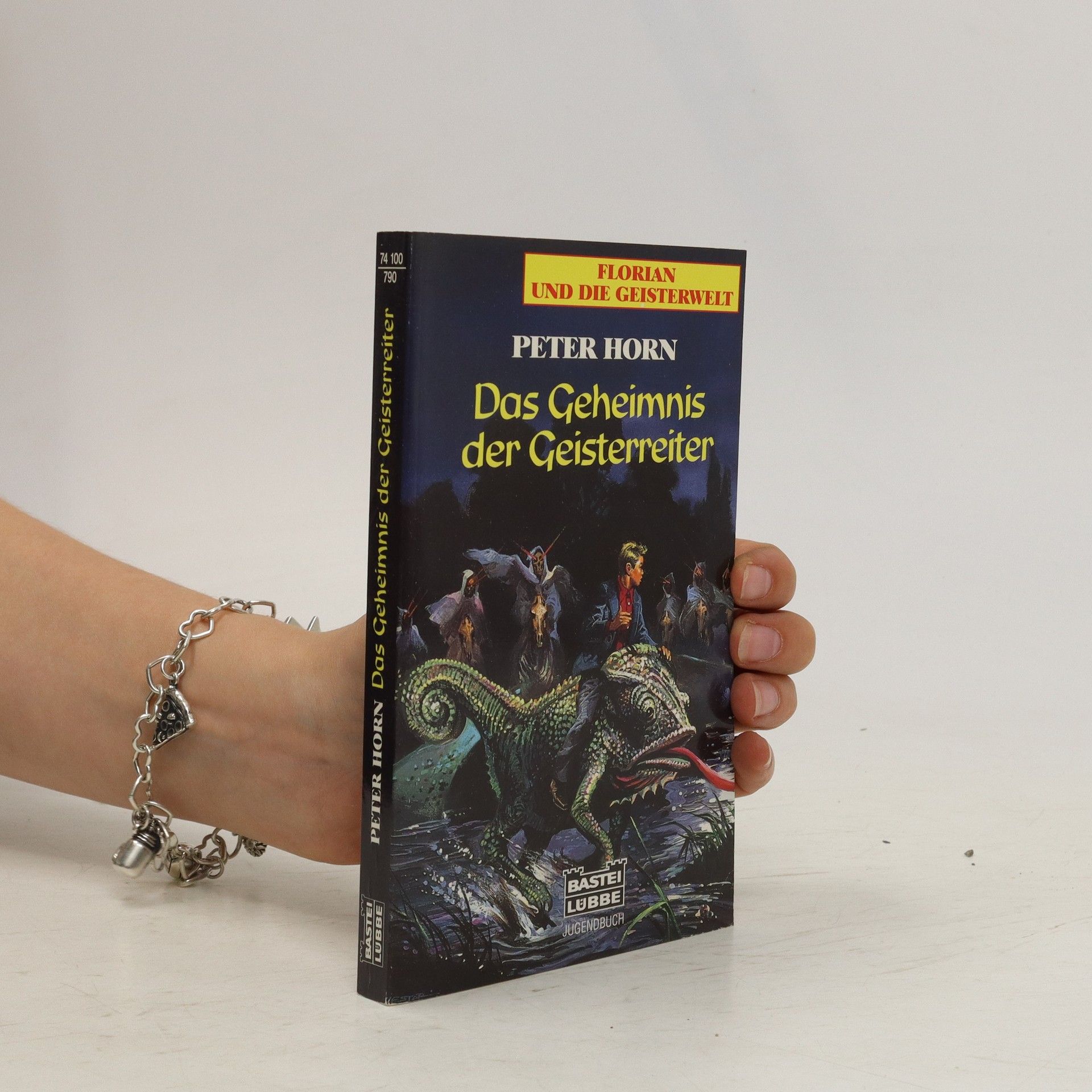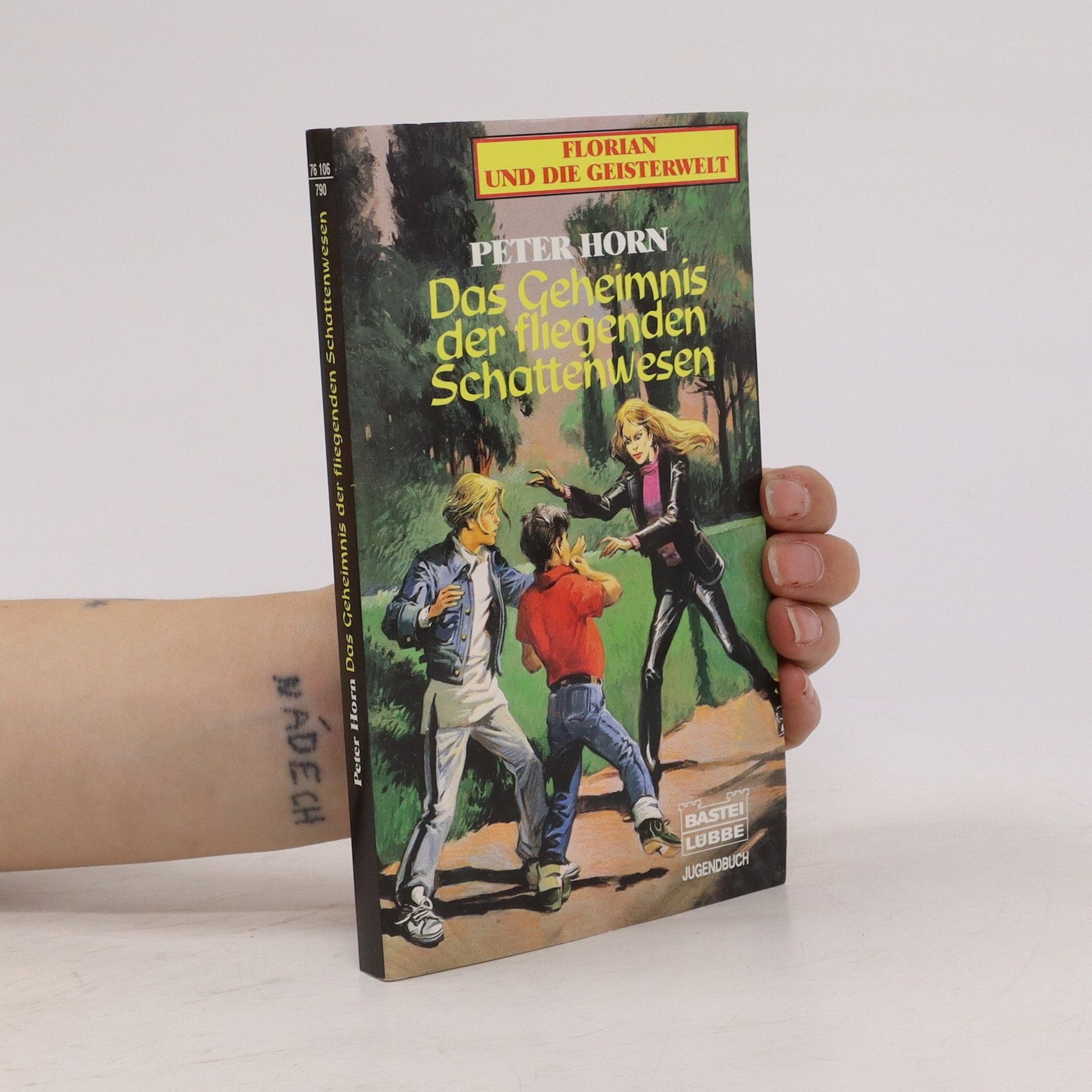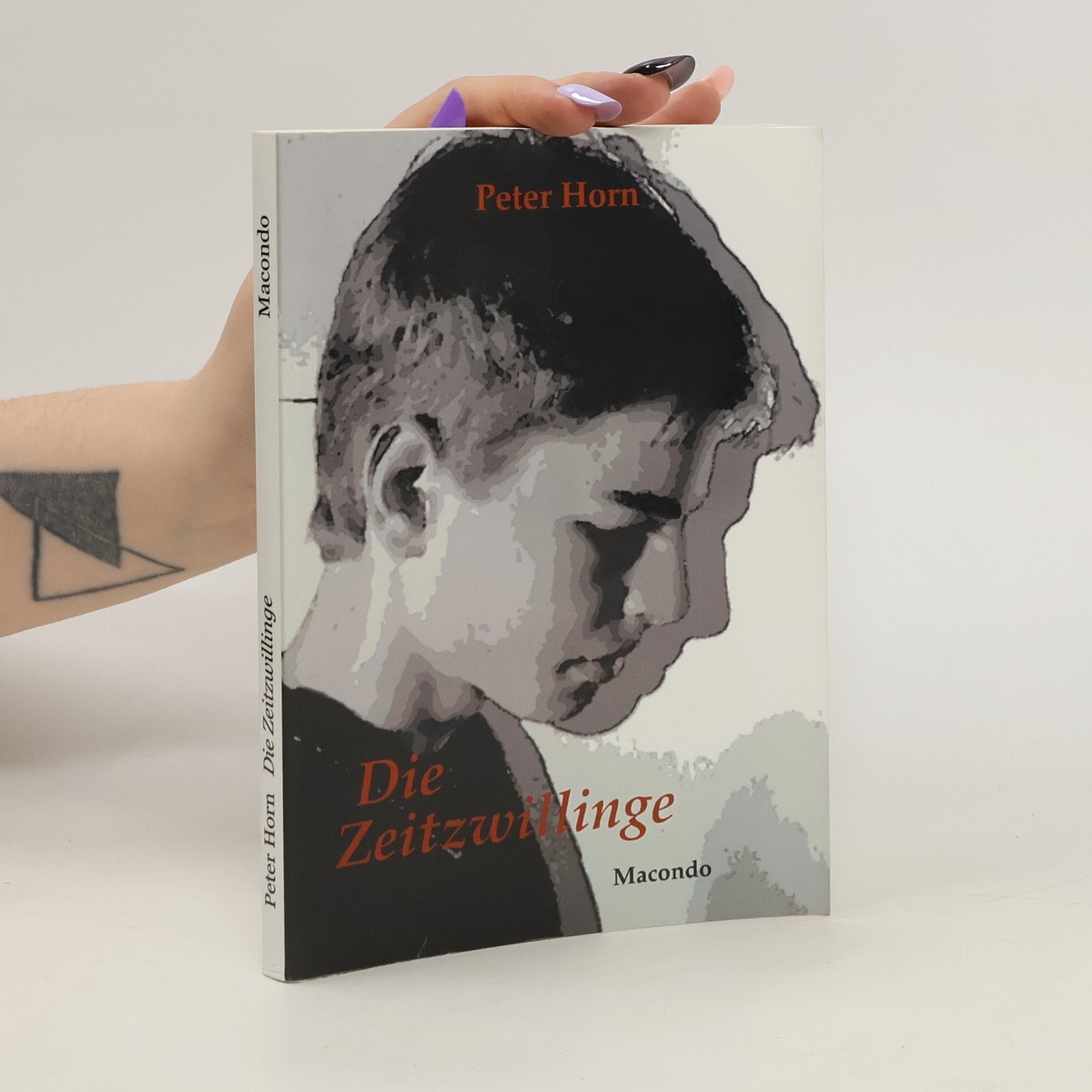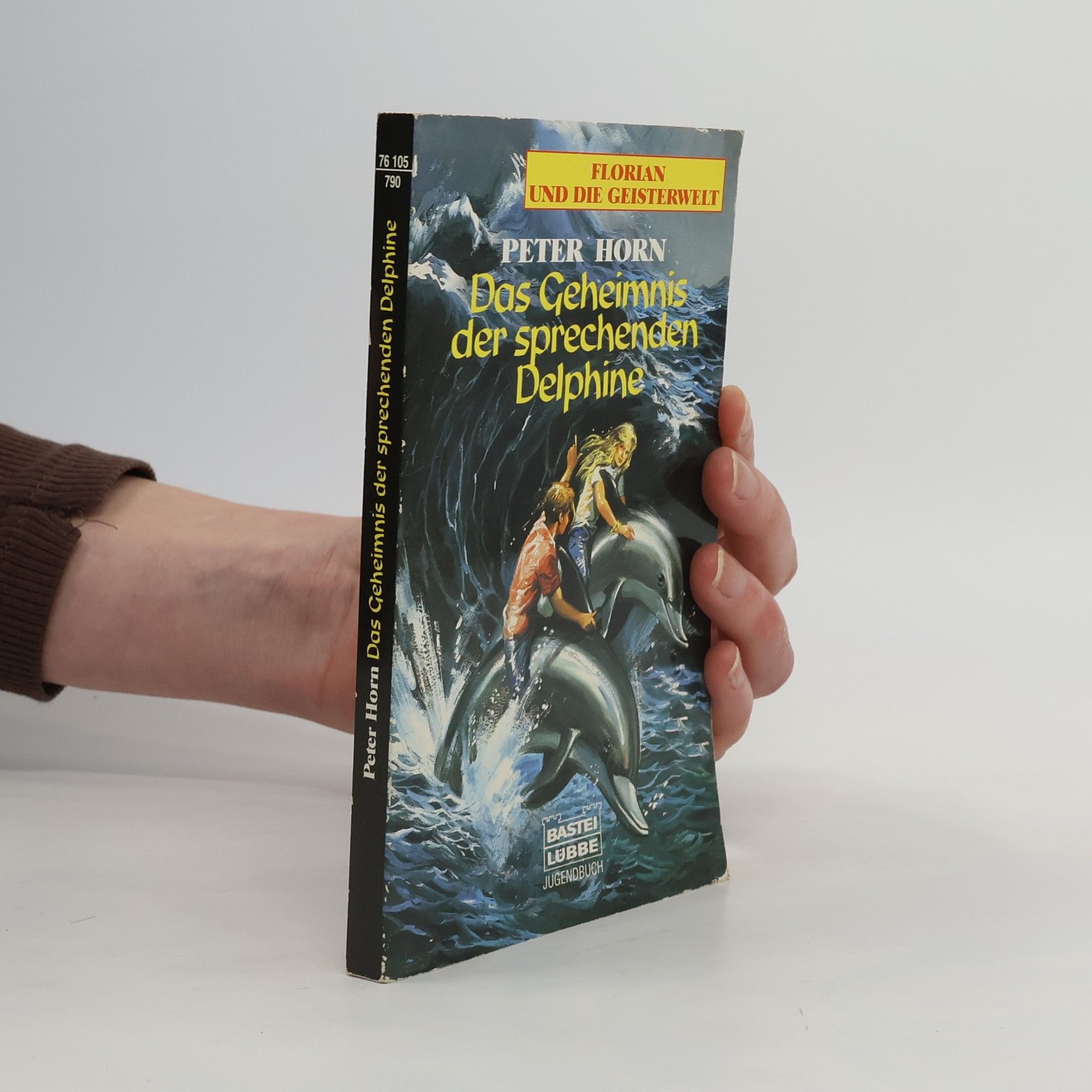Tajemství mechanických dětí. Florian ve světě duchů 2
- 189 stránek
- 7 hodin čtení
Když Florian obdržel od svého přítele Žvanila pozvání na žvanilovskou výroční slavnost, vydal se podruhé do Říše duchů. Florian je čestným hostem na této slavnosti, a i kvůli němu se sem sjíždějí hosté ze všech částí Říše duchů; konečně Florian přece osvobodil močál od příšerných jezdců a vlkodlaků. Druhým čestným hostem je proslulý kouzelník Xarthos, tajemstvím obestřený muž, který, jak se obecně soudí, patří v Říši duchů mezi „dobré“. Avšak soutěž, ke které Xarthos Floriana vyzve, se záhy změní v souboj na život a na smrt. Jedno je jasné: Xarthos není ve skutečnosti takový dobrák, za jakého se vždycky vydával. Je to čaroděj sloužící zlu, jež si žádá Florianovu smrt. A Florian během zápasu odhaluje Xarthosovo děsivé tajemství…
